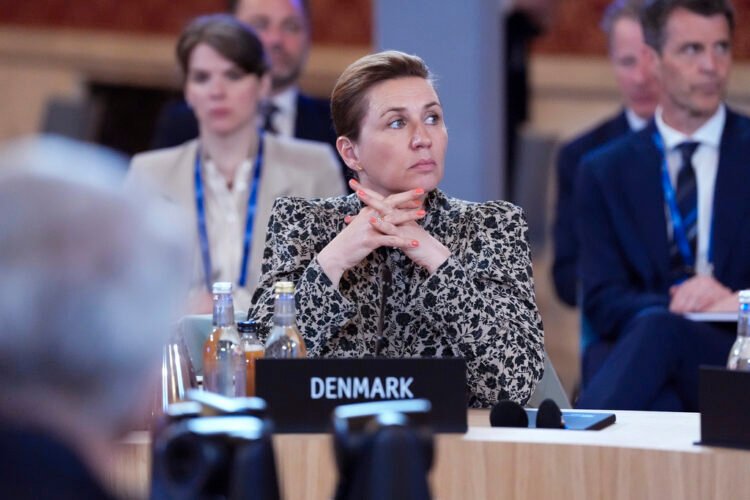COPENHAGEN, May 9 — Danish Prime Minister Mette Frederiksen sharply criticized the United States on Friday over reports of intensified American intelligence activity in Greenland, saying “you cannot spy against an ally,” as tensions rise over Washington’s Arctic ambitions.
The controversy erupted following a Wall Street Journal report claiming senior U.S. intelligence officials, under the direction of National Intelligence Director Tulsi Gabbard, ordered increased monitoring of Greenland’s independence movement and sentiment toward American resource interests on the island.
Frederiksen, speaking to the Associated Press, dismissed the report as “rumours,” but firmly reiterated Denmark’s position: “Greenland is not for sale. And of course, you cannot spy against an ally.” The comments followed a formal summons by the Danish Foreign Ministry, which called in U.S. chargé d’affaires Jennifer Hall Godfrey for clarification.
Greenland, a semi-autonomous Danish territory rich in minerals and strategically located in the Arctic, has become a focal point of geopolitical friction after former President Donald Trump expressed interest in purchasing the island, even suggesting military options—a stance met with stiff resistance from both Denmark and Greenland.
Greenlandic Prime Minister Jens-Frederik Nielsen labeled the reported espionage “unacceptable and disrespectful” in remarks to local media outlet Sermitsiaq. He echoed sentiments voiced by other Nordic leaders, including Finnish President Alexander Stubb, who said the pressure exerted on Denmark and Greenland “doesn’t feel right.”
Norwegian Prime Minister Jonas Gahr Støre also weighed in during a regional security summit in Oslo, firmly rejecting any notion of legal ambiguity in the Arctic. “Sovereignty applies. Greenland is a part of the Kingdom of Denmark,” he said, pushing back against what he described as misconceptions of a lawless Arctic frontier.
Meanwhile, Gabbard’s office responded to the controversy by condemning the Wall Street Journal, accusing it of enabling “deep state actors” and revealing that she had made multiple criminal referrals over intelligence leaks. “Those who leak classified information will be found and held accountable,” she stated.
The diplomatic flare-up highlights the growing geopolitical stakes in the Arctic, where melting ice and emerging shipping lanes have drawn increased attention from world powers seeking access to strategic resources and influence. Greenland’s government has repeatedly emphasized its sovereignty, with Prime Minister Nielsen declaring last month, “We will never, ever be a piece of property that can be bought.”

 English
English



























































